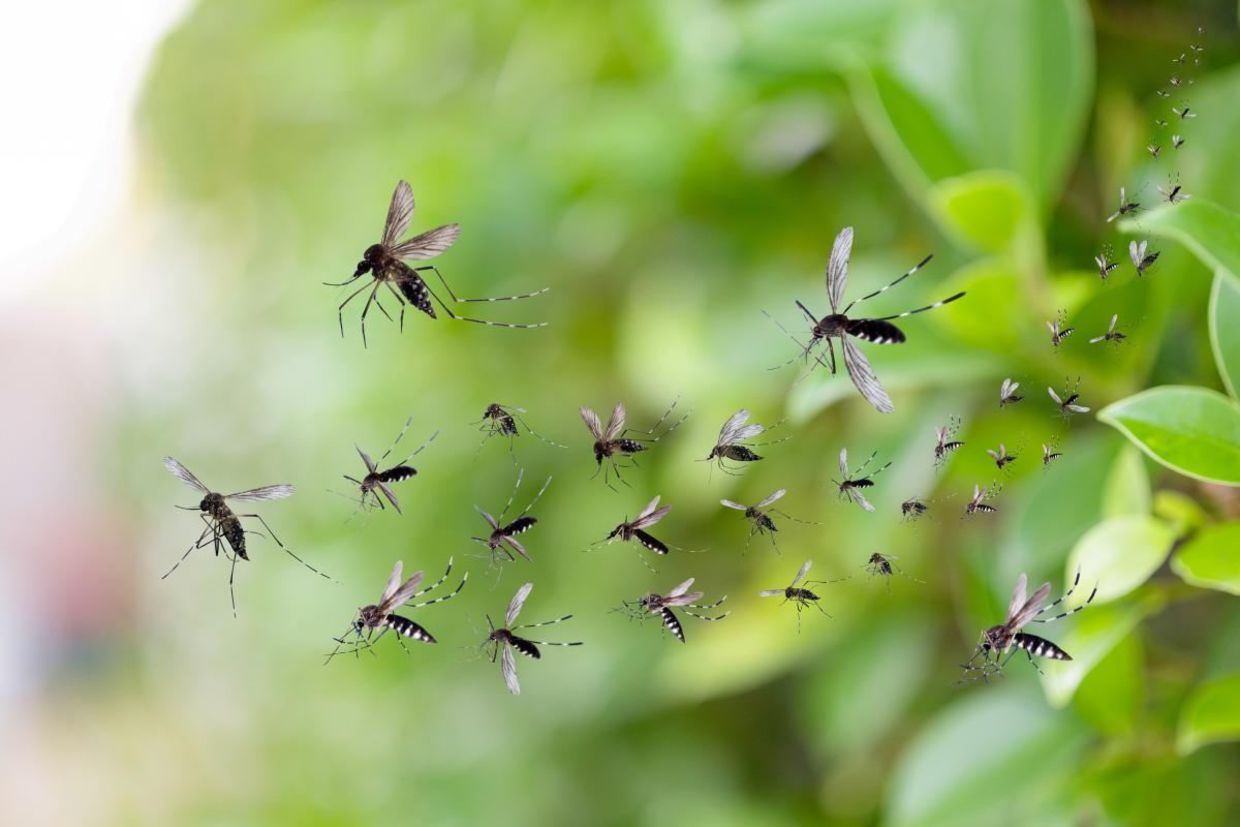
(Kwangmoozaa / Shutterstock.com)
The underpinnings of life are astonishingly complex. Even creatures as small as the mosquito exist due to complicated interactions encoded in DNA.
For most of human history these underpinnings were a mystery, but now, with the discovery of the genome and even more, the advent of CRISPR technology, as The Stanford Report reports, not only does humanity understand how genes work, they can even make changes to the genetic code of any living thing. Even mosquitos.
This may seem strange, but in reality, it is often the key to saving lives all over the world. For instance, in July of 2025, a team of researchers from the University of California, San Diego (UCSD) and Johns Hopkins University, published a study in Nature, where they showed that tweaking one little amino acid in the genetic code of mosquitoes could prevent them from spreading malaria, one of the deadliest diseases in the world.
263 Million People
According to NPR, 263 million people get malaria, and 600,000 of them die of the disease every year. It is truly one of the world’s most dangerous diseases, and makes mosquitoes one of the most dangerous animals alive.
But how do people catch malaria from mosquitoes?
First, the mosquito must feed off of a person that is infected with malaria. When that happens, the mosquito is infected with the parasite that itself causes malaria. The next time that mosquito bites a person the parasite is then passed on to that human as well, and so on and so forth.
Now, a group of scientists are trying to disrupt that process by tweaking one little amino acid in the insect’s genome and making it less likely for a mosquito to pass malaria on to the human they bite.
One Protein
The researchers managed to identify the gene responsible for the protein in a mosquito’s genome that makes it possible for the parasite to move from the insect’s gut to its salivary glands where it can be passed on to humans, according to The Scientist. They also discovered that there is a naturally-occurring variant of that gene that does not allow the parasite to move through the mosquito, essentially blocking it from infecting humans.
So, using the revolutionary CRISPR-Cas9 technology, they simply tweaked one little amino acid in that protein and created a mosquito that could not transmit malaria to humans. In addition, according to NPR they also inserted a gene drive — sequences of genetic material that are inserted into individuals making it so a certain mutation is passed on to almost all of its offspring as opposed to half of its offspring. In other words, the researchers made it so that the above genetic change would pass on to all the children of the altered mosquitoes, creating generations of insects that cannot spread malaria to humans.
The researchers do not claim that this new technology will end malaria once and for all, but rather see it as one more tool in a diverse toolbox of methods for preventing the spread of the disease.
The idea of genetic modification is frightening to many people. However, in reality, the ability to edit genetic material has, more often than not, been a boon for humanity, preventing illness and suffering for millions.
YOU MIGHT ALSO LIKE:
How to Prevent Mosquito Bites According to Science
Malaria Prevention Breakthrough Could Bring Hope For Many
Mosquito-Proof Fabric Could be the Key to a Bite-Free Future







